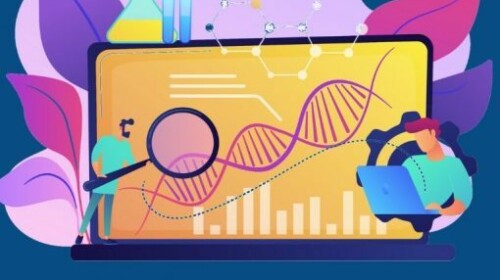Ecuador has created an innovative policy arrangement aimed at promoting biodiversity at the centre stage of efforts to achieve long-term economic performance that allow moving away from the middle-income trap and oil-dependence. These policies range from environmental, science and technology, and industrial policies to incentive-based institutions (e.g., fiscal and monetary policy). This view follows previous research arguing that models of development must move away from narrow concern with macroeconomic imbalances and poverty-alleviation safety nets to confront head-on the structural inequalities while addressing sustainability. Read Daniel Vicente Ortega Pacheco’s piece which brings features Ecuador’s strategies for bioeconomy and policy coherence for sustainable development.
Offered by
Related
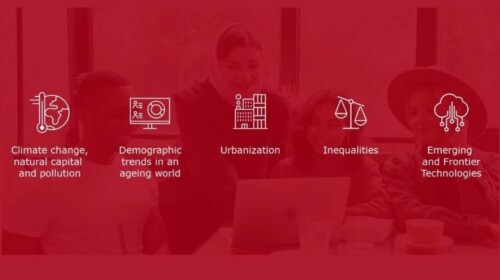
Development Cooperation in Times of Global Megatrends - Video
Microlearning
Video
Offered by:
GDI, UNSSC
SDG: 2030 Agenda, Breaking the silos, Leave no one behind, SDG 17, SDG 17: Systemic Issues

UN Sustainable Development Cooperation Framework - Explainer Video (English)
Microlearning
Video
Offered by:
UNDCO, UNSSC
SDG: 2030 Agenda, Breaking the silos, Leave no one behind, SDG 17, SDG 17: Systemic Issues
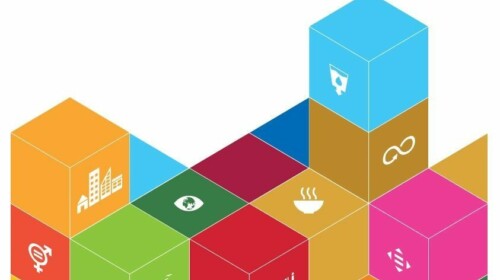
SDG: 2030 Agenda, Breaking the silos, SDG 17, SDG 17: Capacity-building, SDG 17: Systemic Issues
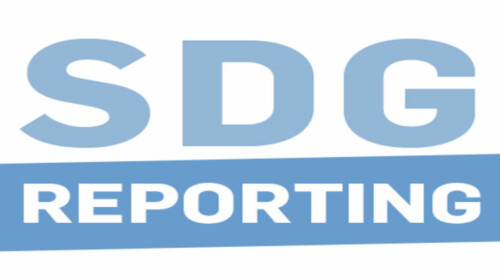
Three Steps to Integrating the Global Goals into Corporate Reporting
Course
Facilitated e-learning
Offered by:
UNGCA, GRI
SDG: 2030 Agenda, Breaking the silos, SDG 8, SDG 17, SDG 17: Systemic Issues

SDG: 2030 Agenda, Breaking the silos, SDG 17
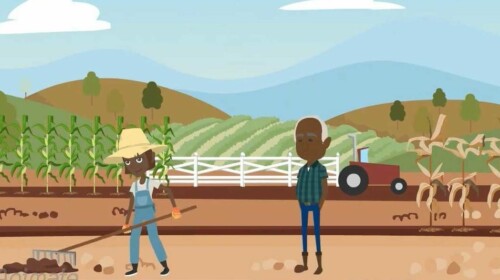
SDG: Breaking the silos, SDG 17, SDG 17: Systemic Issues

